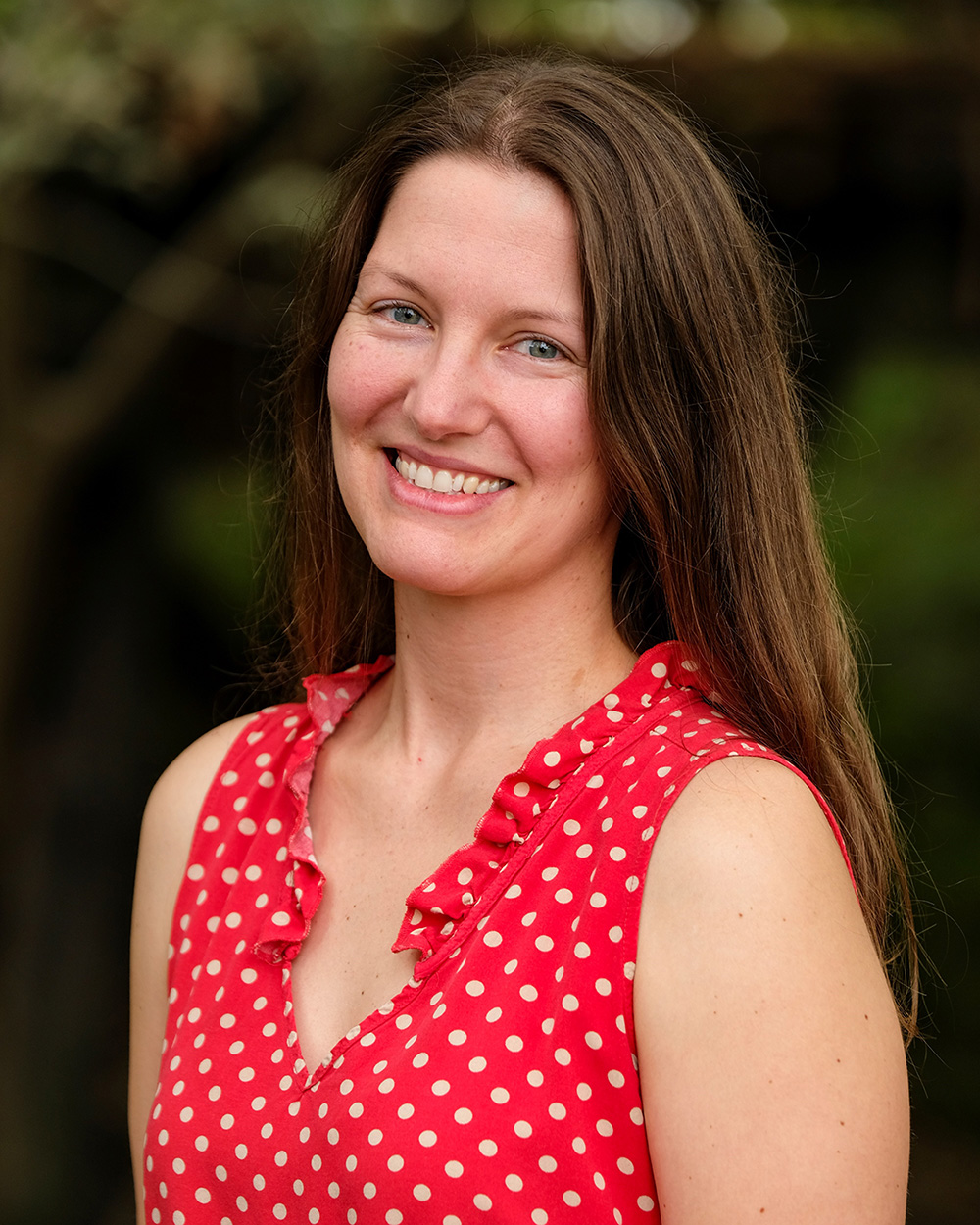by Paulette Bane, associate professor of English
 I was just a teenager when I watched my grandmother forget how long she’d been boiling eggs for our lunch. Family had mentioned her being forgetful, but she still painted beautifully, made gourmet meals and reminisced about her wedding day nearly 60 years earlier.
I was just a teenager when I watched my grandmother forget how long she’d been boiling eggs for our lunch. Family had mentioned her being forgetful, but she still painted beautifully, made gourmet meals and reminisced about her wedding day nearly 60 years earlier.
It’s easy to dismiss forgetfulness, especially when we all lose our keys or can’t remember if we brought the mail in today. But after the eggs had been boiling for more than 10 minutes, and she anxiously set a timer, I told her I thought they were ready.
At the time, I didn’t understand Alzheimer’s. I didn’t understand how it could take one’s short-term memory first, making daily living difficult. Nor did I know that forgetfulness is only a small part of a disease that also includes disorientation, mood swings and a devastating loss of identity.
Even though my grandmother died in 2002, I’ve spent much of my life coming to terms with losing her. When I perform poetry, and people come up to me afterward, the poems about my grandmother are often the ones they want to talk about. Those resonate, perhaps because so many people can relate.
The following poems are from my collection Wading Through Lethe (FutureCycle Press).
At the Creek
“If only my memory were sharp again,” she said,
sitting on a stump near the creek’s edge.
I waded in the shallow cool, pants rolled, wet.
Her straw hat brimmed a shadow
over her face. The stones shimmered, each more
dazzling than the last.
I pulled out one to show her,
but it lost its luster when it left the water.
Grandmother
You know the details of your wedding day,
but aren’t sure if you planted beans or peas.
You can’t remember what you did today.
You boil the eggs ’til water burns away,
but make for lunch homemade pimento cheese.
Tell me again about your wedding day
as if the meal you shared were yesterday.
I ask you where you might have lost your keys;
you can’t remember what we did today.
Something is wrong. I don’t know what to say.
I’m still amazed that you recall with ease
the names of guests who shared your wedding day,
the baby’s breath tucked into your bouquet.
You teach me how to paint the fallen leaves,
but can’t remember what we did today.
When he comes home, he asks about your day.
You say you’d rather hear about his. Please!
You know the details of your wedding day,
but can’t remember what you did today.
A week before she died,
I ate one of her lemon bars,
thinking nothing of holding
something so delicate
it lost its shape in my hand.
Last fall, after a reading I gave at the Ozarks Symposium in West Plains, Missouri, a woman approached me and asked if she could purchase my book of poems. She said that her mother had Alzheimer’s, so she connected with those poems in particular. But that wasn’t why she was buying the book. Her mother was part of a group of Alzheimer’s patients, and the daughter read to the group each week. She found that reading poetry to the group gave the people joy. Reading longer works or stories that required a sustained memory was a bit fraught. Poetry, however, delighted those in the group. They noted the sounds of words, enjoyed wordplay, and could focus on the lines without having to remember. They could live in the moment.
I was happy that this caregiver had found comfort in my poems. But, more significantly, she showed me that those experiencing Alzheimer’s could find connection and joy through poetry.
Hear more from Paulette Bane on The Christian Chronicle podcast.
Read more of her poetry at The Sunlight Press.